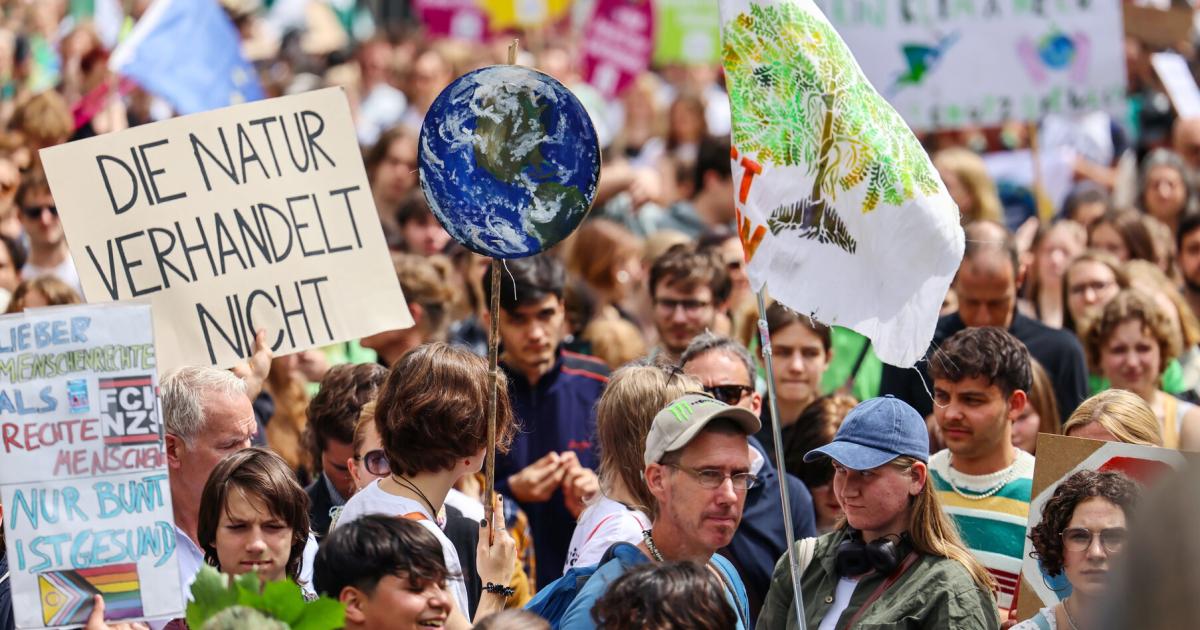In the upcoming European elections on Sunday, June 9, young people aged 16 and over will have the opportunity to vote for the first time in several EU countries. Despite this, data from the European opinion research tool “eupinions” by the Bertelsmann Foundation suggests that the motivation of young people in Europe to vote is lower compared to older populations. According to the survey, 59 percent of respondents aged 16 to 25 across the EU intend to vote, while 24 percent are undecided. In contrast, 65 percent of respondents between 26 and 69 years old have decided to vote, with 22 percent still undecided.
While young people generally have a more pro-European stance compared to older citizens, their readiness to participate in elections seems to be lacking. Young Europeans show higher satisfaction with democratic processes within the EU compared to older respondents. However, despite this, there is no significant protest sentiment among young people leading up to the elections, with only a small percentage citing it as a form of protest.
Young people prioritize certain policy areas differently compared to older generations. While both groups agree on peace as a fundamental EU objective, younger generations give higher importance to issues related to civil rights and climate change. Migration is a divisive topic among different age groups, with younger individuals viewing it as a less central issue than older respondents who place more emphasis on EU management of immigration.
The Bertelsmann Foundation project managers Anne Meisiek and Etienne Höra emphasize the importance of young people getting involved in policies that impact them. They highlight voting as one way for young people to engage with elected officials and participate in political parties and civil society organizations that influence EU policy decisions. The data also shows that there is no significant protest sentiment among young people in Germany leading up to the elections, indicating that they may not see voting as an effective means of expressing their opinions or bringing about change through protests.
Overall, it remains unclear why young people are less motivated than older populations when it comes to exercising their democratic right through voting in European elections. Further research may be needed on this topic in order to fully understand why voter turnout rates are lower among younger populations.
In conclusion, despite their positive views towards Europe and its institutions, many young voters remain apathetic towards participating in European elections due


